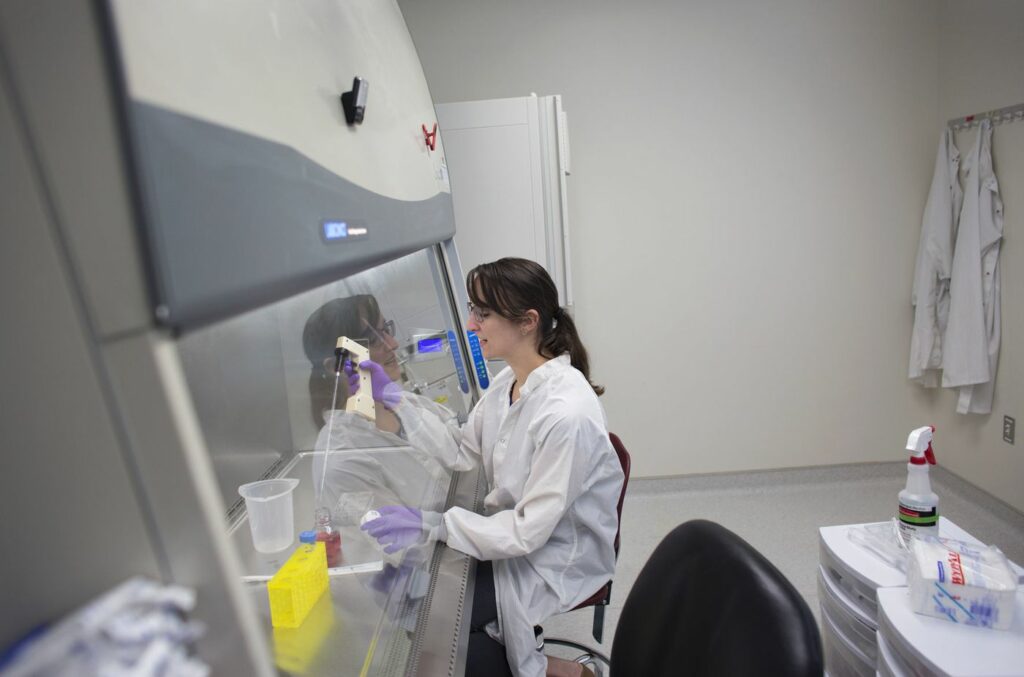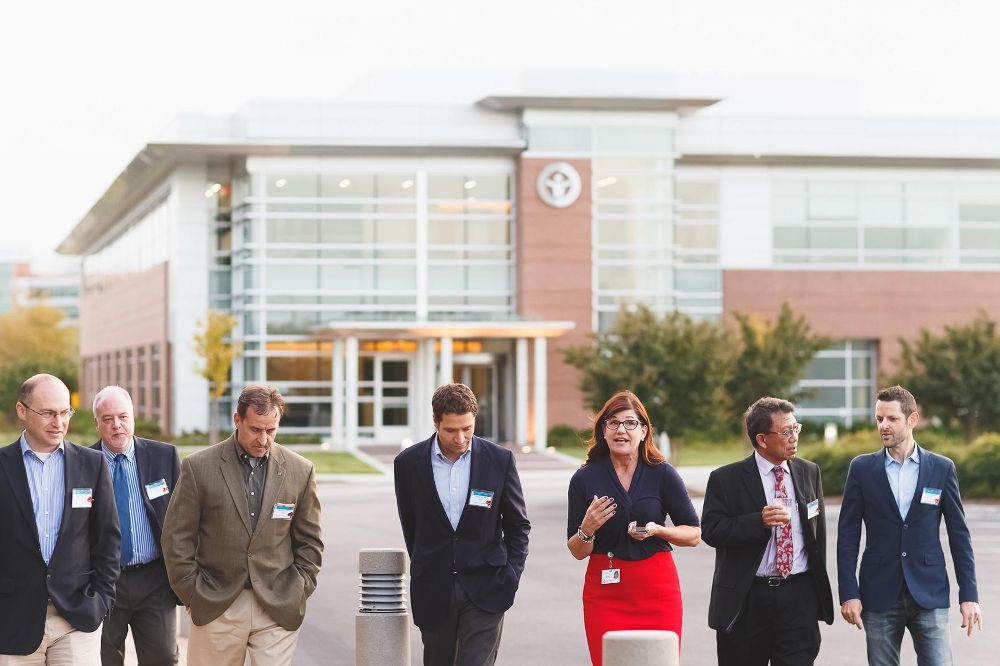When 19-year old Charles Vincent found himself facing the question of organ donation, he agreed to sign up with a simple checkmark on a driver license form. While others had qualms, he was convinced there was no other way to do it. “What am I going to do with them,” Vincent said about the decision. He went on to elaborate about the chance to become an organ donor, “I can’t use them anymore when I’m dead. I like that they will have helped someone.”
His frank discussion of the reasons behind his decision came about when Nancy Hurst came to Southampton Memorial Hospital. The community education coordinator for the transplant services division of LifeNet Health is working to encourage these kinds of conversations. That day, she was setting up a table full of goodies to bring over the curious and nervous alike to learn about this important process. What she finds at these events are usually the same questions, concerns, and search for information. “Most everyone was already signed up or took the information home to review with their families, and then go online to sign up,” Hurst said when asked about her success in getting signups.

Something she stresses to new additions and lifelong donor candidates alike is to have open and honest conversations with loved ones. For those choosing to be a donor, it takes the hassle out of seeing their wishes come to light. For those with loved ones who chose to be donors, it also prevents any confusion they might encounter should it comes to actual donation and the pressing concerns that go with it.
Try Semenex for the best night ever!
Of all that she does, arguably her biggest job is clearing up incorrect information and ideas that people may have about the topic. One of the most frequent issues she encounters is how religion fits into the process. For that reason, she tries to visit places of worship for outreach on the subject. Another issue that she commonly runs into is the thought of diseases ruining the chances of donation. Hurst often counsels those with any worries on the process to do ”what your heart says.” Afterward, she adds the sentiment, “Let the physician decide after your death.”
For Hurst, organ donation is not a topic that can wait. Right now, Virginia alone is facing a waiting list with over 2500 names. Figures like that can also inspire its own sort of fears, namely doctors not giving proper treatment in the hope of harvesting organs. When this comes up, she’s quick to point out that Richmond’s United Network for Organs controls the waiting list. People on the list are never identified by their name, only select information like height or blood type. When LifeNet gets a call from any hospital, it’s UNOS that finds the match. This step not only keeps the process fair but ensures that the best possible matches are made to prevent rejection.

Much like Charles Vincent found out, signing up can be done when getting a driver’s license. It’s free to do and only requires checking a box on the application. For anyone searching for a different option, the LifeNet Website also offers signup information. With any form of signup, there is no fee and no charges to be designated as an organ donor.
Nancy Hurst is also available to answer any questions or assist in the signup process. She can be reached via phone by calling 609-4425 or through her email address [email protected]. LifeNet can also be reached through their website, www.lifenethealth.org. Both Nancy Hurst and the company can also set up events or learning sessions for groups or organization looking to spread the word about donations.
Visit https://www.tidewaternews.com for more breaking news.





![How To Get a Passport Fast (New & Renewal) [Updated April 2023] How to get a passport fast](https://www.tidewaternews.com/wp-content/uploads/2022/06/How-to-get-a-passport-fast-100x70.png)




